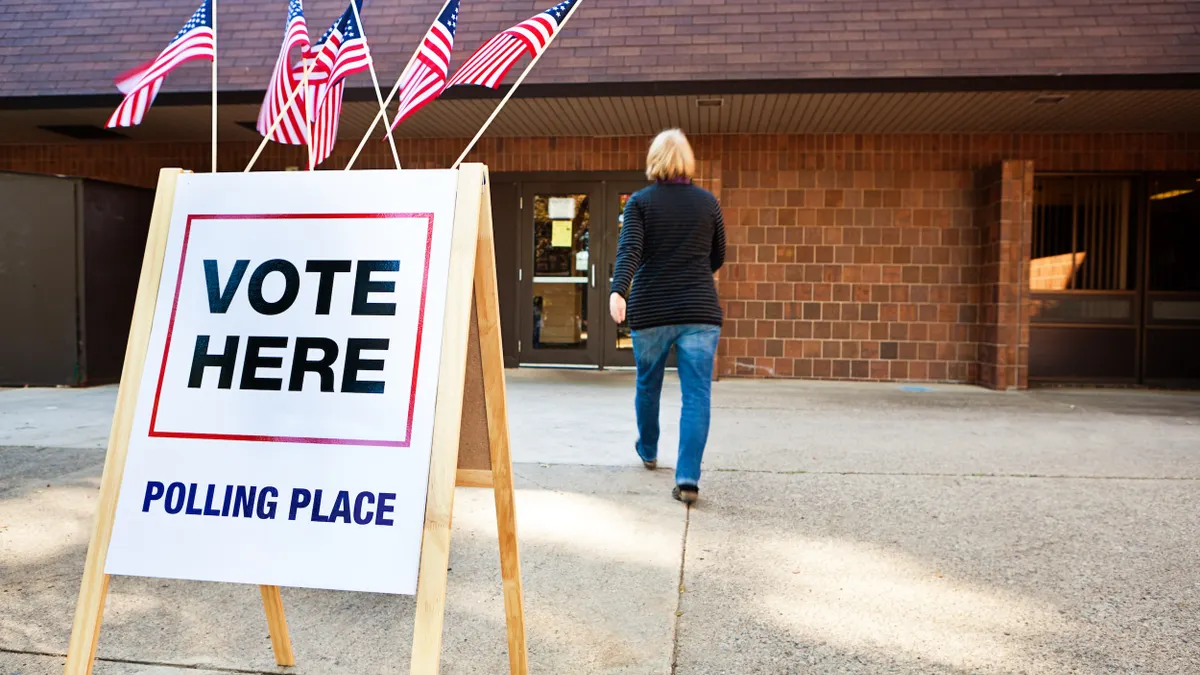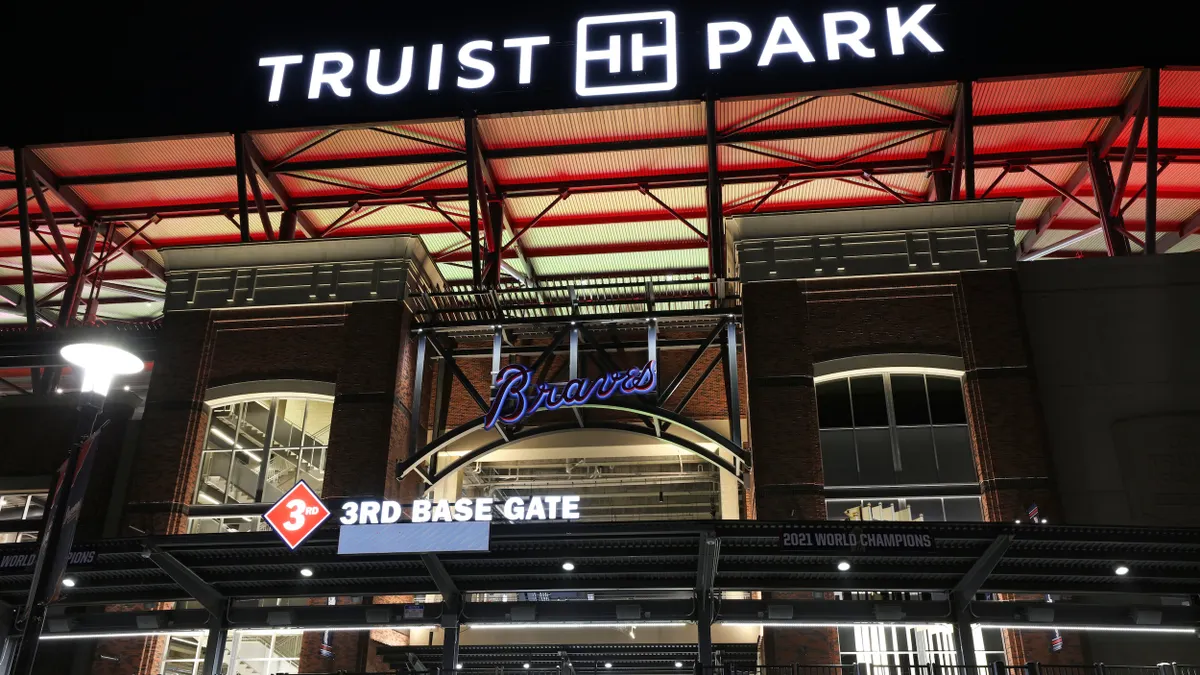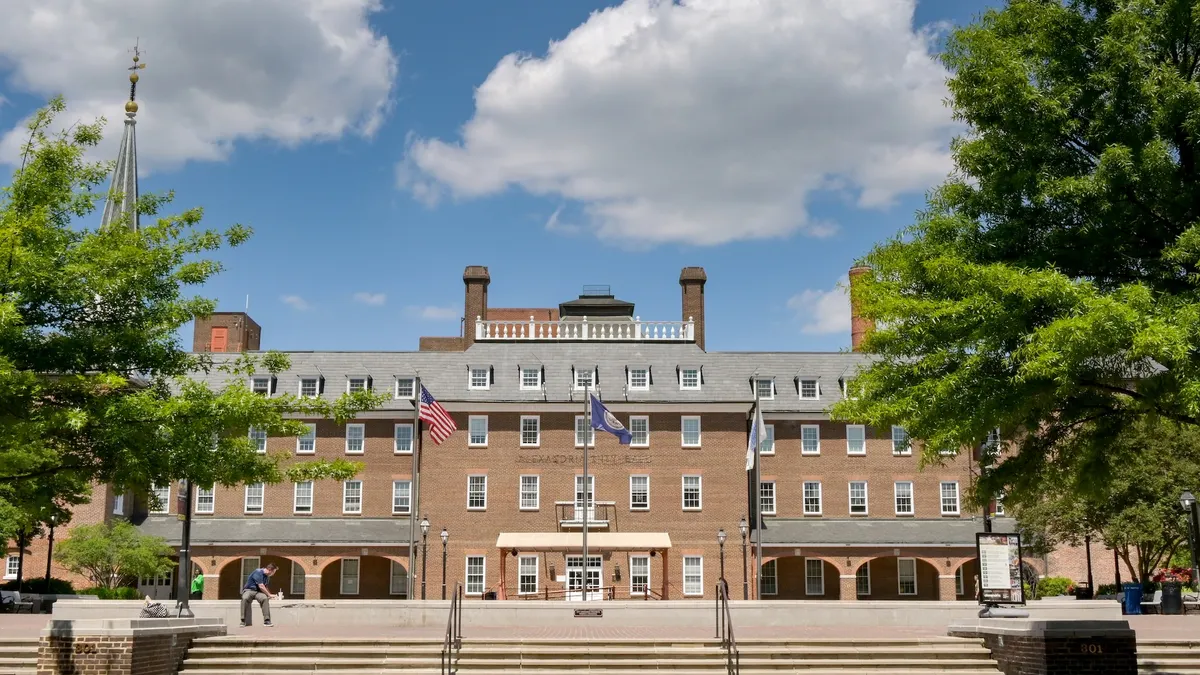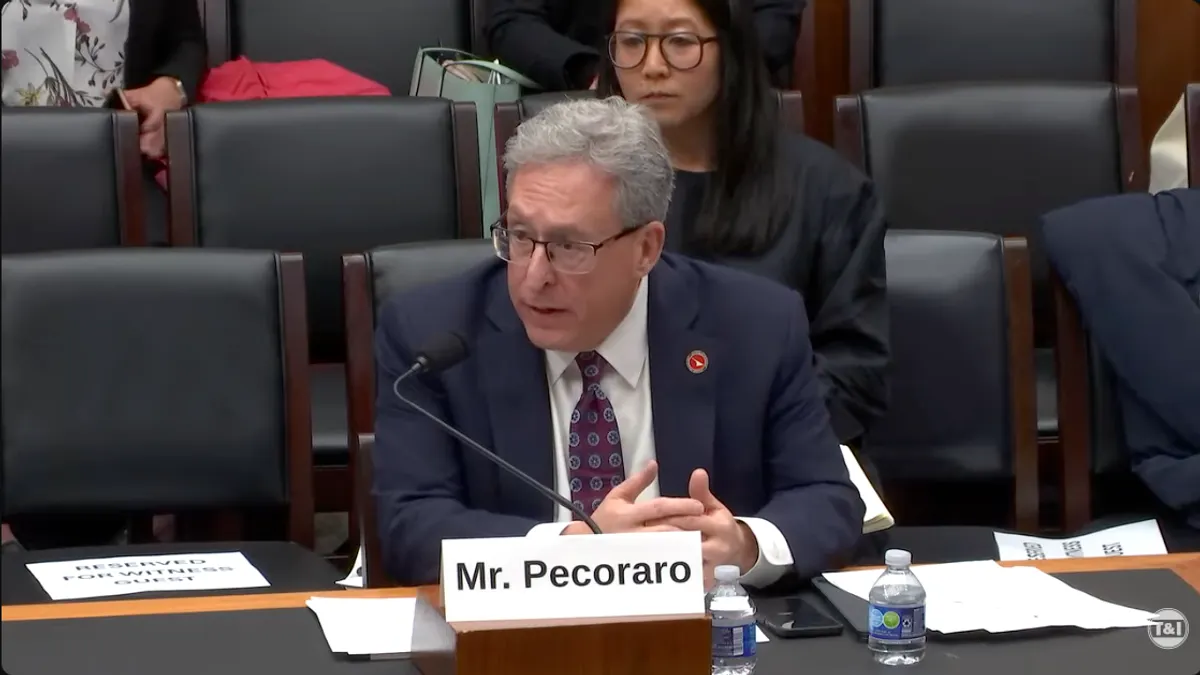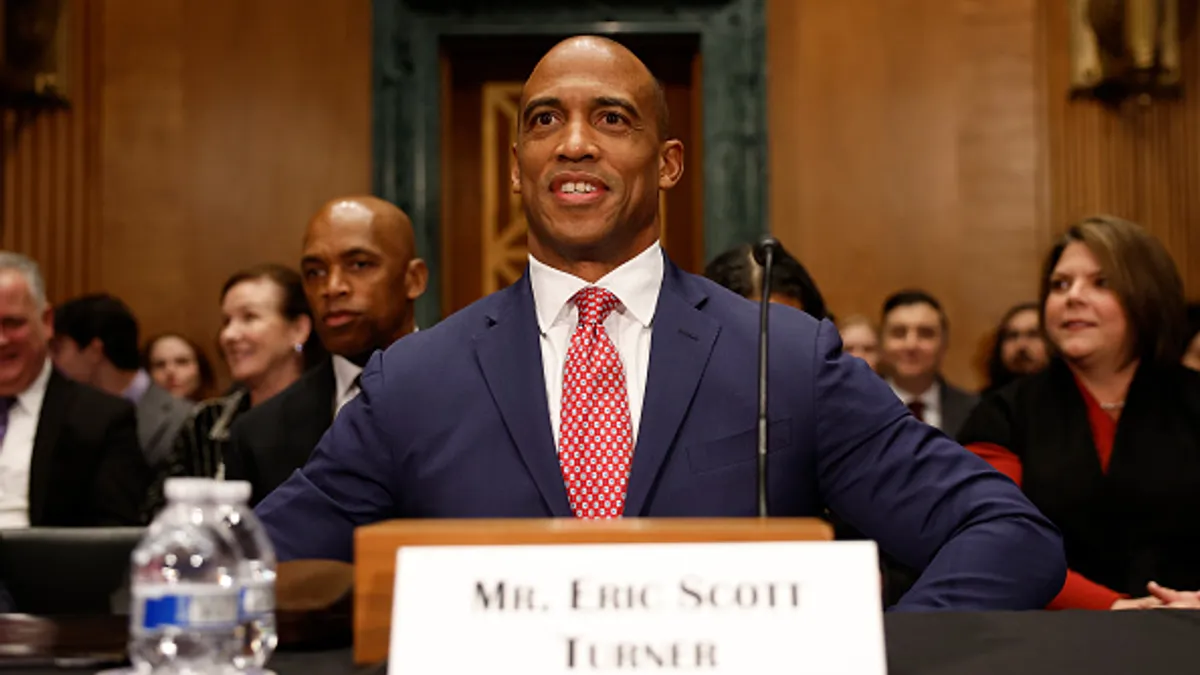As attention focuses on the 20 remaining cities shortlisted for Amazon’s HQ2, some cities unsuccessful in the initial bidding process are already looking ahead to how they can use their materials to lure other businesses in the future.
More than 200 cities, counties, regions and states responded to the online retail giant’s request for proposals (RFP) to become the host city of its second headquarters. Since Amazon whittled down the list to its final 20 candidates in January, details of unsuccessful bids have started to trickle out, along with promises to make use of those bids for future projects.
One unsuccessful bid appears to have exposed some fault lines in Detroit and the surrounding area on the region’s transportation options. In a letter to the city’s bid committee, local businessman Dan Gilbert said mass transit needs to be addressed "once and for all."
But for now, there appears to be a lack of a coherent vision on transportation among local leaders. At a regional panel discussion in January at the Detroit Economic Club of "The Big Four" — three county executives and Detroit Mayor Mike Duggan — there seemed to be little consensus, and Duggan lamented the area’s "much too casual attitude" toward transportation. "It is a central question of this region’s competitiveness against the rest of the country,” he said. "If we don’t address this, we’re going to keep falling farther and farther behind."
Baltimore’s bid went public on an official website entitled, “This Must Be The Place." The bid promised to "build the American city of tomorrow," and included a Digital Master Plan for Port Covington on the city’s waterfront with fiber, Wi-Fi and environmental sensors. It also promised to also have "future innovations yet to be invented.” Similarly, it emphasized a "world-class” transportation network, including the potential maglev train network.
That bid failed, and after having its website live for a few months, a post from Baltimore Development Corporation (BDC) president and CEO William Cole IV said the "content of Baltimore’s RFP submission for Amazon’s HQ2 is now in the process of being repurposed for future use and marketing of Baltimore City to investors and other companies." In an email to Smart Cities Dive, BDC spokeswoman Susan Yum said it is "too early to go into any specifics as we are still in the discussion phase with the various stakeholders."
Other cities, meanwhile, looked to present future possibilities directly in their bids for Amazon’s HQ2. In Orlando’s bid, there were promises to "prioritize" planned transportation projects in Orange County. And in the city’s proposed downtown site, it extolled the virtues of a "frictionless mobility experience."
"SunRail, rapid transit, car share, bike share, smart parking and autonomous vehicles will circulate Amazonians fluidly throughout the campus and beyond to deliver a frictionless mobility experience with robust connectivity from day one of HQ2.O,” the bid reads. Laureen Martinez, a spokeswoman for the Orlando Economic Partnership, told Smart Cities Dive the city would still look to pursue those plans.
Similarly, St. Louis promised all manner of transportation innovations in its bid package, while Missouri Gov. Eric Greitens said if Amazon chose St. Louis or Kansas City, it could connect the two with a hyperloop. "The infrastructure for the future is already here — autonomous cars, drone deliveries, pedestrian-centered urban areas and Hyperloop connectors are more than items to check off on a box — they are realistic endeavors that have the ability to originate in St. Louis,” bid officials wrote in a letter to Amazon. Officials with Orlando and St. Louis did not respond to requests for comment on whether these futuristic transportation plans would still proceed.
"[Transportation] is a central question of this region’s competitiveness against the rest of the country. If we don’t address this, we’re going to keep falling farther and farther behind."

Mike Duggan
Detroit Mayor
Other cities emphasized the infrastructure that already exists or is already under construction, including the likes of San Francisco and Ottawa, who have both released at least portions of their bids to the public. The region of San Diego — the subject of rapidly debunked fake news that suggested it had already been chosen for HQ2 — noted the construction already underway on various transportation projects and its role as a "proving ground" for autonomous vehicles.
San Diego Regional Economic Development Corporation (EDC) spokeswoman Sarah Lubeck told Smart Cities Dive in an email the area focuses mainly on retaining and growing companies already in the area. And when San Diego’s bid was rejected, EDC president and CEO Mark Cafferty said in a statement that they “know that other positive things will come from this process and we continue to view 2018 with great excitement, optimism and focus.”
The impetus to continue with projects already in the pipeline might be the most tangible legacy of an unsuccessful HQ2 bid. For Houston, a so-called "Innovation Corridor" could be what the Houston Chronicle described as the "lasting legacy" of the city’s bid. Three historic buildings near downtown — Sears, the former Exxon Mobil building and the former KBR complex — would be razed and replaced by business hubs.
Officials appeared optimistic of making progress, even with recovery efforts from Hurricane Harvey ongoing. "While there has been growing momentum in the innovation space over the last couple of years, this is a clear indication that we have much more work to do as a region to grow our digital economy," Greater Houston Partnership CEO Bob Harvey said in a statement to the Chronicle.
And Vancouver has similar plans. Its proposal had four potential sites for HQ2 in various stages of planning and emphasized various regional transportation projects already underway.
"[The bid] already helps us in other investment cases."

Julie Brunet
Spokeswoman, Montreal International
Some cities have been reticent to release too many details about their losing bids, even months from being turned down by Amazon. For example, Montreal announced last year it had submitted its bid, and gave a broad outline of what it had proposed, including being a "world class technology hub" with a "deep and growing pool of relevant talent." But it has since declined to release more details.
Julie Brunet, a spokeswoman for Montreal International, the city’s economic development arm, told Smart Cities Dive the bid will not be released publicly "because of the confidentiality agreement that binds us to Amazon," but that the bid "already helps us in other investment cases."
Louisville, meanwhile, has made sections of its bid available on a password-protected website. Will Ford, a spokesman for Greater Louisville Inc., the city’s economic development authority, said Louisville is "able to respond to future RFIs with some of the Amazon bid materials,” but declined to go into more details. He said the bid is "exempt from disclosure under the Open Records Act."
Some cities clearly made an enormous investment in bidding to host HQ2, so while they may have been unsuccessful this time around, perhaps they can leverage it for future opportunities.







